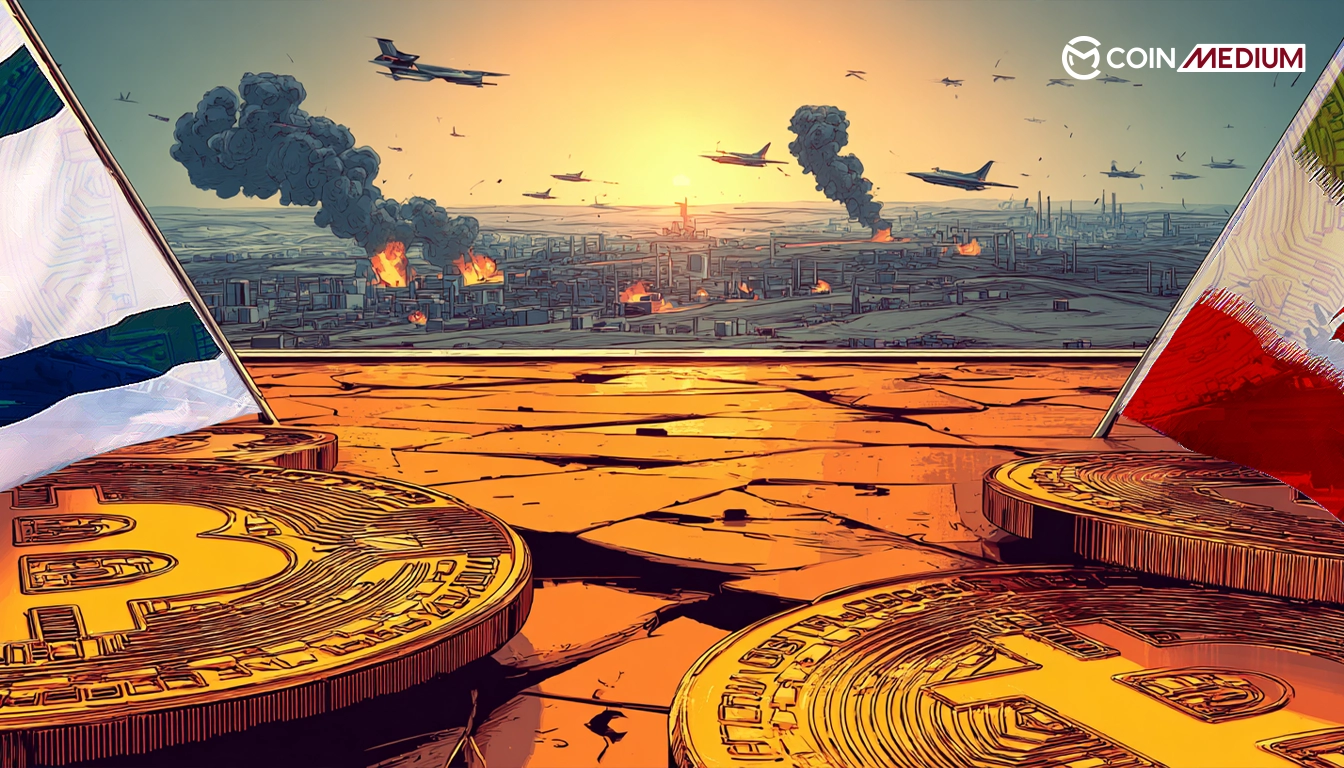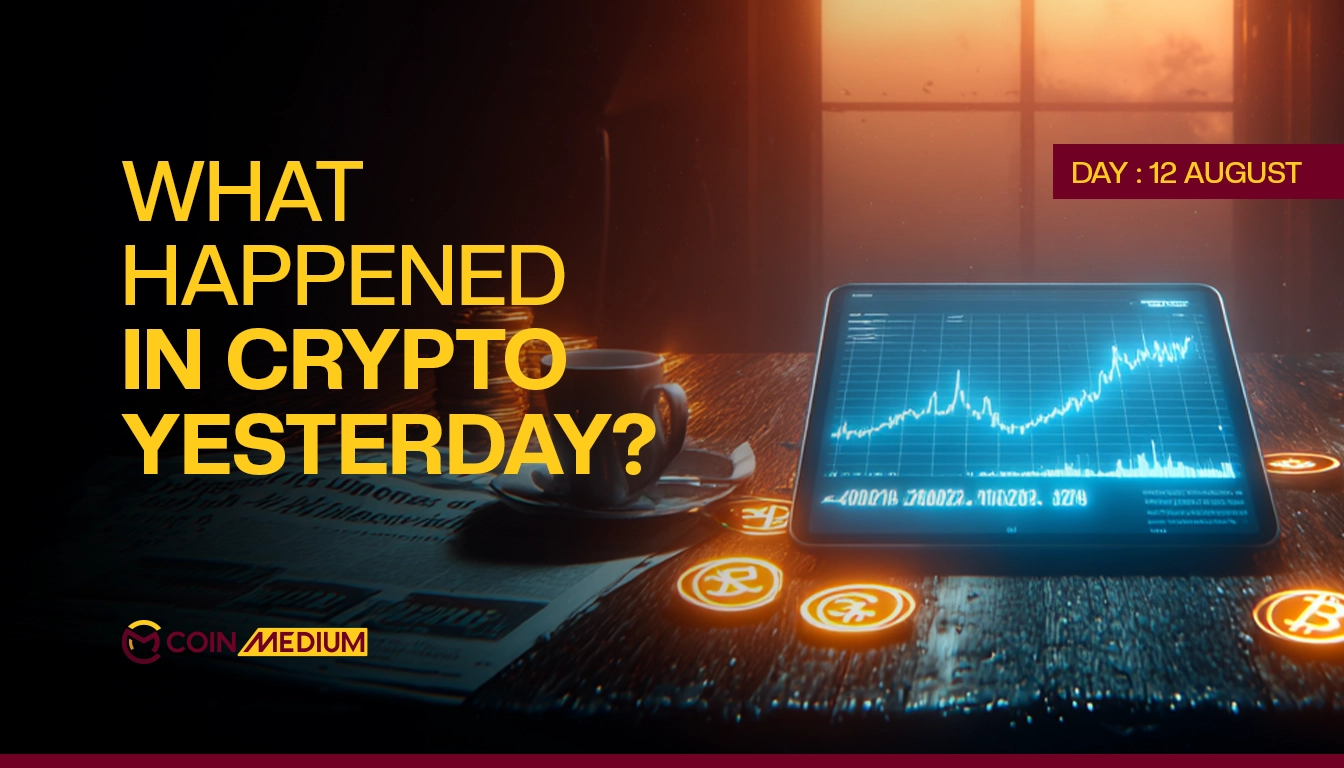- The cryptocurrency market experienced a significant downturn, with major cryptocurrencies like Bitcoin (-5.8%), Ethereum (-12%), and Dogecoin (-10.63%) leading the decline.
- The market change was attributed to investor concerns over escalating geopolitical tensions in the Middle East, with Israeli military operations targeting Iranian nuclear sites.
- As uncertainty grew, investors moved away from risk assets like cryptocurrencies and equities, driving a surge in gold prices and a 9% spike in oil prices.
The cryptocurrency market saw a sharp decline today with investors shaken up after noticing geopolitical unrest in the Middle East earlier Friday.
Flagship cryptocurrencies led the decline. Bitcoin (BTC) dropped 5.8%, Ethereum (ETH) fell 12%, XRP shed 7.75%, and Solana (SOL) declined by 12.37%.
The volatility triggered a wave of liquidations with over $320 million in bullish crypto positions wiped out within one hour, according to reports.
Bitcoin, Ethereum suffer heavy liquidations
Bitcoin alone saw nearly $437 million in long positions liquidated over the past 24 hours. A single $201 million long bet on Binance being the largest casualty.
Meanwhile, as uncertainty grew, investors flocked to traditional safe haven assets. Gold prices climbed sharply reflecting a broader move away from risk assets like cryptocurrencies and equities. Shipping and energy stocks surged in response to fears of supply disruptions. Oil prices spiked by as much as 9%, fueled by concerns over potential disruptions through the Strait of Hormuz, a key oil transit route controlled in part by Iran.
Escalated Middle East Tensions
The sell off in crypto markets came amid intensifying geopolitical tensions in the Middle East. On Friday, Israel launched a major military operation dubbed Operation Rising Lion targeting Iranian nuclear sites, including the uranium enrichment facility in Natanz.
Iranian military and nuclear leaders were reportedly killed, including Revolutionary Guard Chief Hossein Salami and Chief of Staff Major General Mohammed Bagheri.
The offensive marks a significant escalation in Israel-Iran hostilities, with ripple effects quickly spreading through global markets.
Despite the strategic importance of the strait, U.S. investment bank J.P. Morgan assessed the risk of a full closure by Iran as “low,” noting that such a move would hurt Iran’s own economic interests. “The closure of Hormuz is a low-risk event as Iran would be damaging its own position, both economically and politically,” the bank said.



